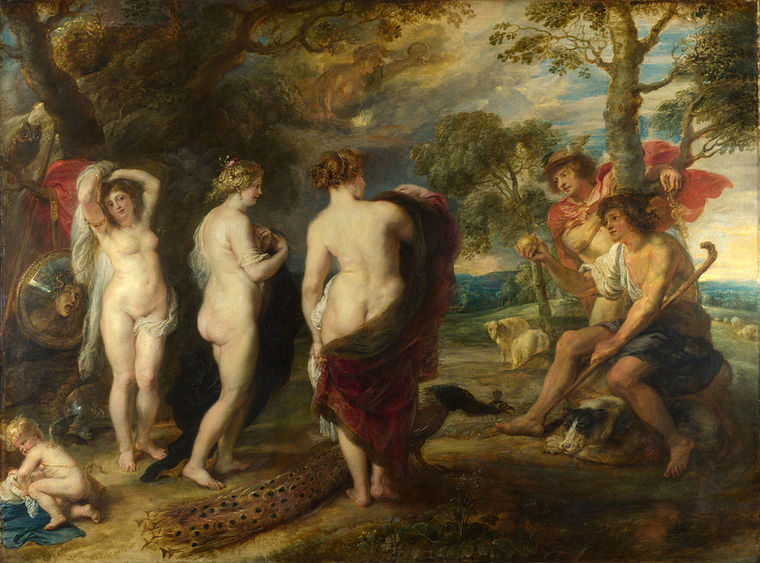Koichos
All Star
So these are “Arab” Jews?
When they say “Allah” means “lord” as in Adonai/ אֲֲֲֲדֹֹנָָָָי ?
No, 'lord' would be רַבּ rab; אַללַּה allah here is equivalent to הַשֵּׁם hashem, a colloquial usage standing in place of the Explicit Name. Take a look at the video description: all three instances of אַללַּה allah are translated into Hebrew as 'ה, a shorthand for הַשֵּׁם hashem.
אַללַּה יִשְׁפִיכּ = ה' ירפא אותך
אַללַּה יִשְׁפִיכּ וְתִּמְשִׁי = ה' ירפא אותך ותלך ברגלך
אַללַּה יִחַקִק אַחְלַאמַכּ = ה' יגשים חלומותיך









